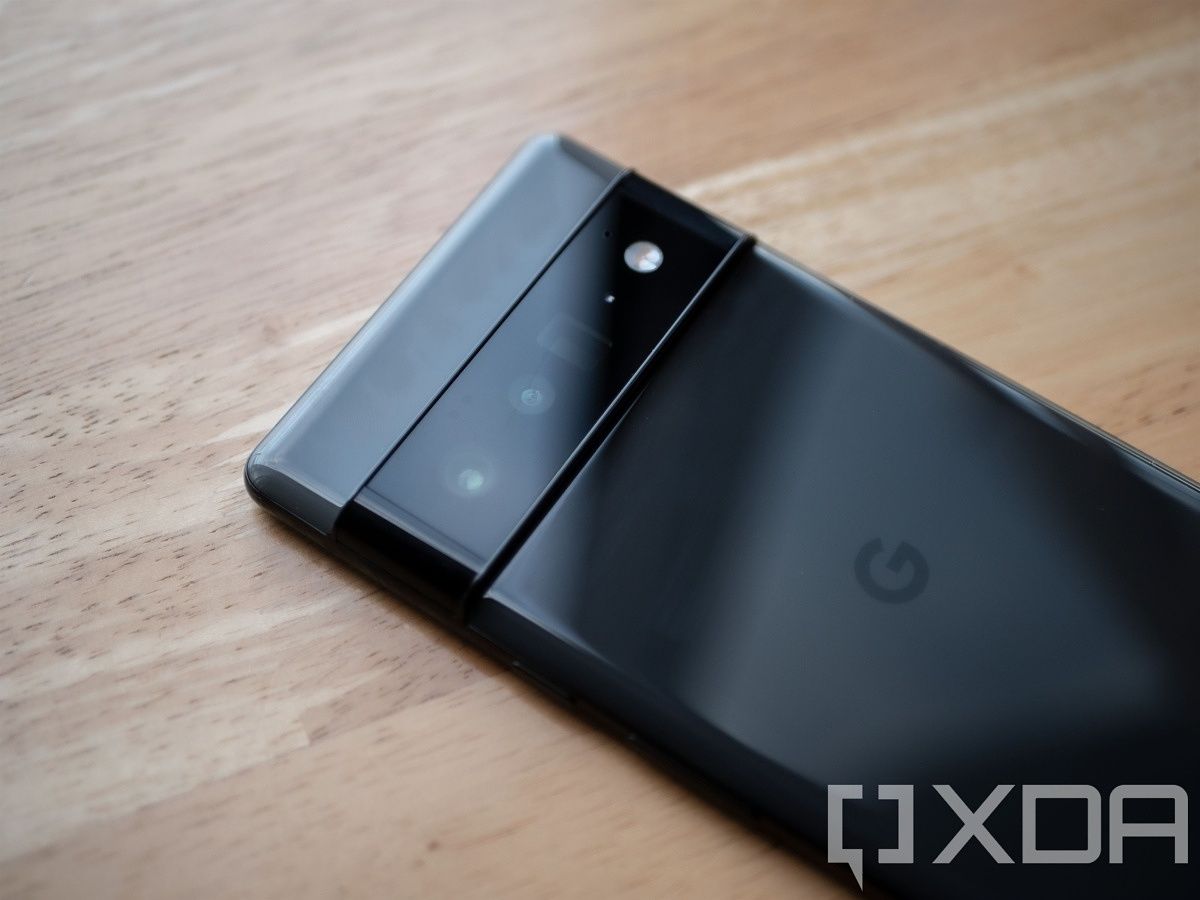The Google Pixel 6 and 6 Pro are currently the only phones with a Google's Tensor chip, which doesn't always behave like hardware from Qualcomm or MediaTek. That's a problem in some cases, such as the current incompatibility with DJI drones and cameras and varying support for carrier features. Thankfully, one possible disadvantage for Pixel 6 owners on T-Mobile has just been addressed.
The T-Mobile network in the United States has been testing low-to-mid-band aggregation for 5G, using the N41 and N71 bands, which should increase bandwidth for data connections. T-Mobile already does this for its LTE connections, using bands 2, 4, 12, 66, and 71. The company also confirmed that 5G aggregation will be enabled for the iPhone 13 "by the end of this year," and other phones will be added to the list later.
Most phones with the Snapdragon 888 chipset already have software support for 5G aggregation, ready for whenever T-Mobile flips the switch, but the Pixel 6 series with its Exynos 5123b modem did not include support. That's now changing, as a new modem log from the Pixel 6 published on 4G/5G Bands & Combos includes a new aggregation combination for N71 and N41, which was not present in earlier logs generated from the Pixel 6 series (via Android Police). The new abilities appear to have arrived as part of the recent December Feature Drop update.
The Pixel 6 and Pixel 6 Pro are now ready for 5G carrier aggregation support on T-Mobile, but the carrier still has to enable support on its network. There's no timeline for when that could happen — as mentioned previously, the iPhone 13 will get aggregation first, with other devices coming later.
If you're thinking of buying a Pixel 6 or Pixel 6 Pro, check out our detailed Pixel 6 Pro review for why we think the Pro is an excellent option for a smartphone. We also have a dedicated Pixel 6 Pro Camera Review with more photo and video samples.

